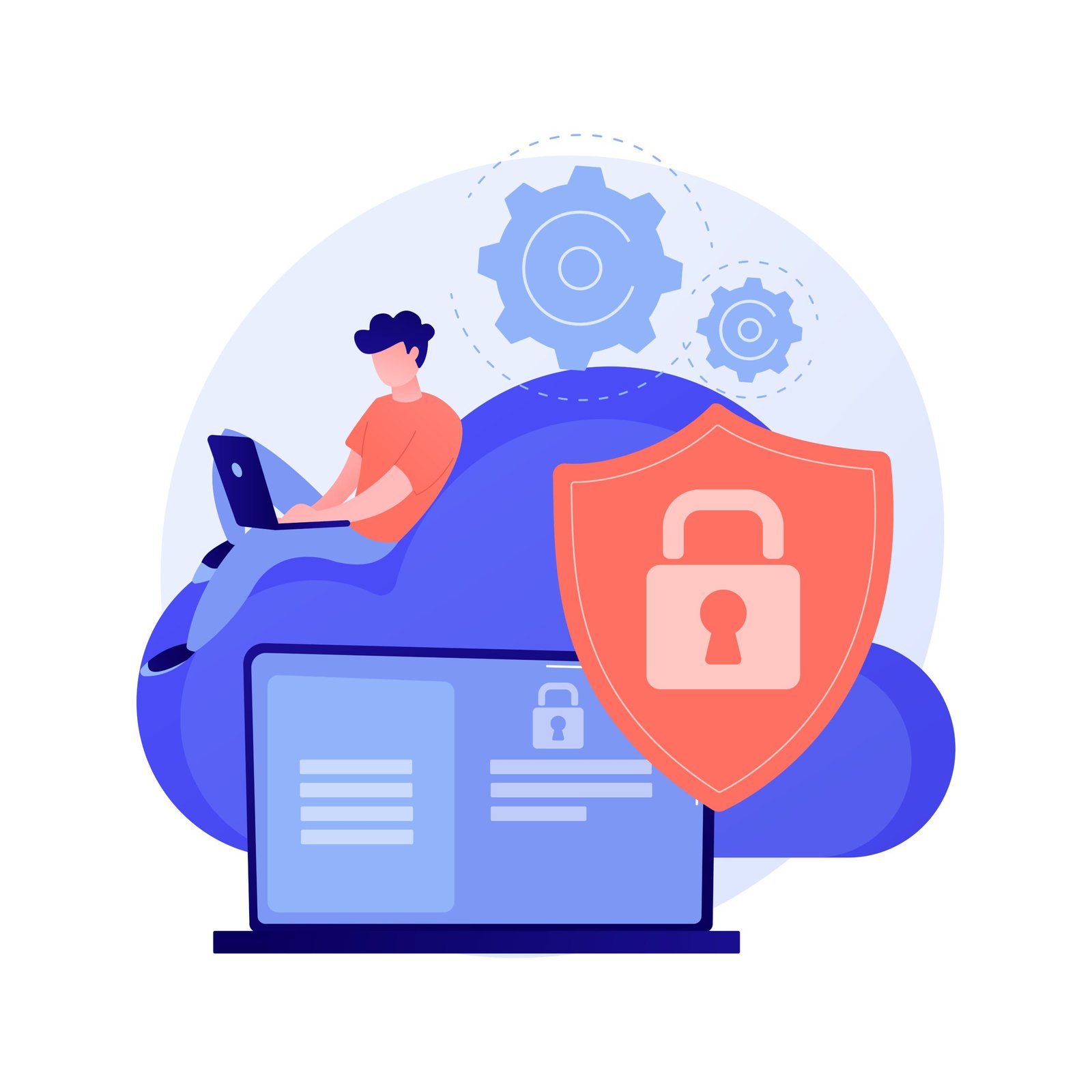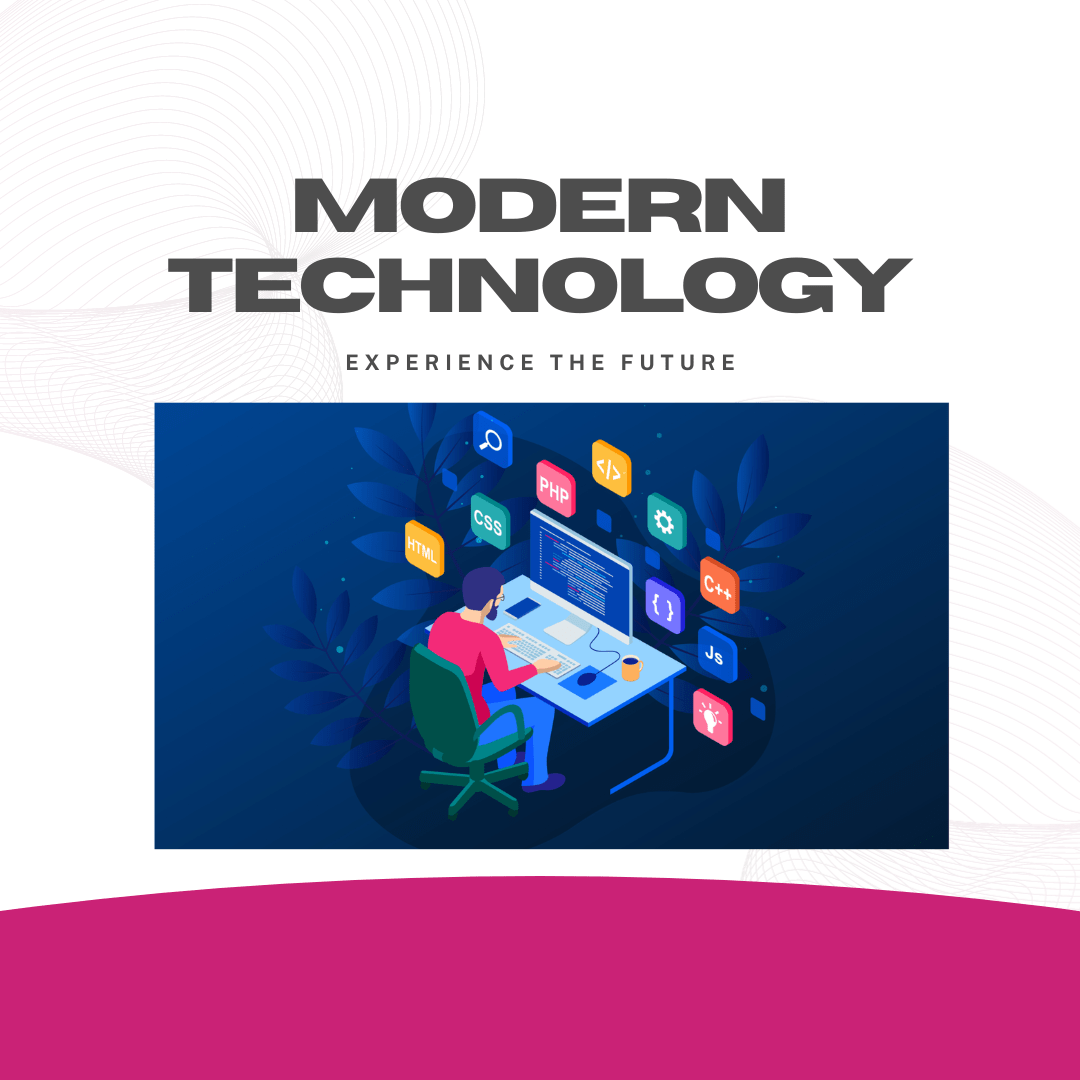Why Computer Skills are Required:
1. Pervasiveness of Technology:
2. Education Transformation:
3. Evolution of
Workforce:
4. Connectivity and
Societal Dynamics:
Crucial Computer Knowledge for Today's Youth:
1. Basic Digital Literacy:
Digital literacy is the cornerstone of computer literacy. This includes file management, basic troubleshooting, and a basic understanding of computer hardware and software. People should be able to use file directories, navigate operating systems, and comprehend basic software applications.
- Microsoft Word
- Microsoft Excel
- Microsoft PowerPoint
- Microsoft Outlook


2. Internet Navigation and Research:
One of the main components of contemporary computer skills is the ability to use the internet
effectively. People should be skilled in using search engines intelligently,
critically analysing information, and conducting research online. This ability
is essential for academic success as well as for maintaining knowledge and
making wise decisions in a variety of spheres of life.
- Google Doc
- Google sheet
- Google slide
- & other google products.
3. Word Processing and Document Management:
Proficiency in word processing is essential for
communicating in academic, professional, and personal contexts. Proficiency
with word processing software is essential for generating, revising, and
creating documents. Knowing cloud-based document management systems also makes
it easier to collaborate and guarantees that files can be accessed from a
variety of devices.


4. Data Management and Analysis:
The ability to handle and evaluate data is becoming more and more crucial as the volume of
data generated rises. Spreadsheet programs, such as Microsoft Excel and Google
Sheets, let users organize data, perform calculations, and draw conclusions.
Proficiency in data visualisation and a basic understanding of statistics are
becoming increasingly valuable in a wide range of fields.
5. Programming and Coding:
Knowing the fundamentals of programming and coding is useful in this era of automation. Although professional programming experience is not required, understanding the fundamentals of coding improves one’s ability to solve problems. It creates opportunities in domains where software development and automation are important.


6. Cybersecurity Awareness:
Given the rising number of cyberattacks, cybersecurity
knowledge is essential. People ought to be aware of the fundamentals of
internet security, such as the significance of using strong passwords, how to
spot phishing attempts, and how to protect personal data. Having this knowledge
is essential for staying safe in a connected digital world.
7. Digital Communication Skills:
In the digital age, computer skills and effective communication transcends conventional techniques. For both professional and academic settings, proficiency with video conferencing tools, collaboration platforms, and email etiquette is imperative. Digital communication abilities also apply to social media, where it’s critical to know how to interact appropriately and professionally.
- Digital Vs Traditional Marketing
- SEO ( Search Engine Marketing)
- Social Media Marketing
- PPC- Pay Per Click advertising


8. Problem Solving and Critical Thinking:
Beyond just the technical aspects, computer skills also involve critical thinking and problem-solving. The capacity to solve problems analytically, adjust to new technologies, and troubleshoot problems is invaluable. These abilities support general cognitive development and are applicable to a variety of domains.
9. Adaptability to New Technologies:
Considering how quickly technology is changing, people need to develop an adaptable mindset. Being willing to learn new computer skills tools, platforms, and technologies helps one stay competitive and relevant in the rapidly changing digital world. Key elements of adaptability include a proactive approach to learning new skills and ongoing education.


10. Ethical and Digital Citizenship:
People should exercise responsible digital citizenship and be aware of ethical issues as they engage in the digital world. This entails being aware of privacy-related concerns when using the internet, protecting intellectual property, and making constructive contributions to online communities. Building a robust and diverse digital society requires responsible digital citizenship.
Conclusion
In summary, the profound influence of technology on education, the labour market, and social dynamics is the reason why this generation feels the need for computer literacy. Beyond a basic understanding of computers, people need to develop a wide range of skills to succeed in the digital age. These skills include data management, programming, digital literacy, and ethical digital citizenship. These abilities not only support professional and personal growth but also help society as a whole deal with the challenges of living in a technologically advanced, globally interconnected world. The development of computer skills will remain essential for societal advancement and personal empowerment as we go forward.
